At the United Nations General Assembly (UNGA), Pakistan Prime Minister Shehbaz Sharif reignited one of South Asia’s most enduring flashpoints—the Indus Waters Treaty (IWT). In his speech, Sharif criticised India’s move to suspend certain treaty obligations after the recent Pahalgam terror attack, framing the decision as a violation of international law.
While Pakistan sought to portray India’s step as unilateral and damaging to shared river rights, New Delhi has consistently argued that its actions are tied to cross-border terror concerns, citing national security as justification. The intervention puts renewed international focus on a treaty long regarded as a rare example of functional cooperation between two adversarial neighbours.
The Indus Waters Treaty: A Background
- Signed: 1960, brokered by the World Bank.
- Parties: India and Pakistan.
- Essence: Partition of six rivers of the Indus Basin.
- Pakistan received rights to the western rivers (Indus, Jhelum, Chenab).
- India retained rights over the eastern rivers (Ravi, Beas, Sutlej).
- Durability: Survived wars, political upheavals, and decades of mistrust.
The treaty is often cited as a model of water diplomacy, yet recent events have placed it under strain.
India’s Position
After the Pahalgam attack, which Delhi linked to Pakistan-based groups, India announced it would place parts of its IWT obligations in abeyance.
- Justification: National security cannot be divorced from water cooperation.
- Legal View: India argues the treaty allows adjustments in extraordinary circumstances.
- Strategic Angle: Sending a signal that cross-border terrorism will carry costs beyond diplomatic protests.
Indian officials say this is a calibrated response, not a permanent withdrawal, leaving room for future technical talks.
Pakistan’s Argument
In his UN speech, PM Sharif said:
- India’s suspension amounts to a breach of international law.
- The move undermines trust and sets a dangerous precedent for transboundary water-sharing agreements.
- Pakistan remains committed to the treaty but urges international partners to hold India accountable.
Noticeably, Sharif did not address India’s charge of cross-border terror as the trigger behind Delhi’s step.
The Climate Factor
Analysts note that climate change is intensifying stress on Himalayan river basins:
- Glacial melt, unpredictable monsoons, and extreme floods.
- Both India and Pakistan face growing water insecurity.
- Cooperative frameworks like the IWT are more critical than ever.
Yet, geopolitics increasingly overshadows hydro-diplomacy.
Experts Weigh In
- Water Security Analyst: “The IWT has held through wars. But now, terror-linked suspensions mark a new risk. The climate-security nexus will complicate matters further.”
- South Asia Diplomat: “External mediation is improbable. The treaty’s survival depends on political will in Delhi and Islamabad.”
- Hydrologist: “Without joint monitoring of flows and basin health, both countries risk losing track of shared vulnerabilities.”
Domestic Politics in Both Countries
- India: Government’s stance resonates with voters who see toughness on Pakistan as a national imperative.
- Pakistan: Leaders use treaty rhetoric to project themselves as defenders of rights, amid economic turmoil at home.
Thus, the IWT becomes both a foreign policy tool and a domestic political symbol.
International Response
So far, major powers and the UN have avoided strong positions. The World Bank, historically the guarantor of the IWT, is unlikely to intervene unless both parties request mediation. Analysts expect the issue to remain bilateral unless escalation affects regional stability.
Future Scenarios
- Technical Talks Resume: Both sides could return to the negotiating table under World Bank observation.
- Further Escalation: India could tighten its water use, especially on western rivers, heightening tensions.
- Climate Diplomacy Pivot: Shared climate challenges could nudge both governments to recalibrate.
For now, the treaty hangs in the balance—functional but politically vulnerable.
Conclusion
The UNGA intervention by Pakistan ensures that the Indus Waters Treaty remains in the spotlight. For India, the message is clear: water cooperation cannot continue if cross-border terror persists. For Pakistan, suspensions are framed as illegal breaches of international law.
The reality is that with climate stress rising and bilateral relations tense, the IWT faces its most serious test in decades. Whether it endures will depend not on external mediation but on the political will of two capitals often at odds yet bound by shared rivers.
#IndusWatersTreaty #IndiaPakistan #UNGA #WaterSecurity #Diplomacy #SouthAsia #SarhindTimes











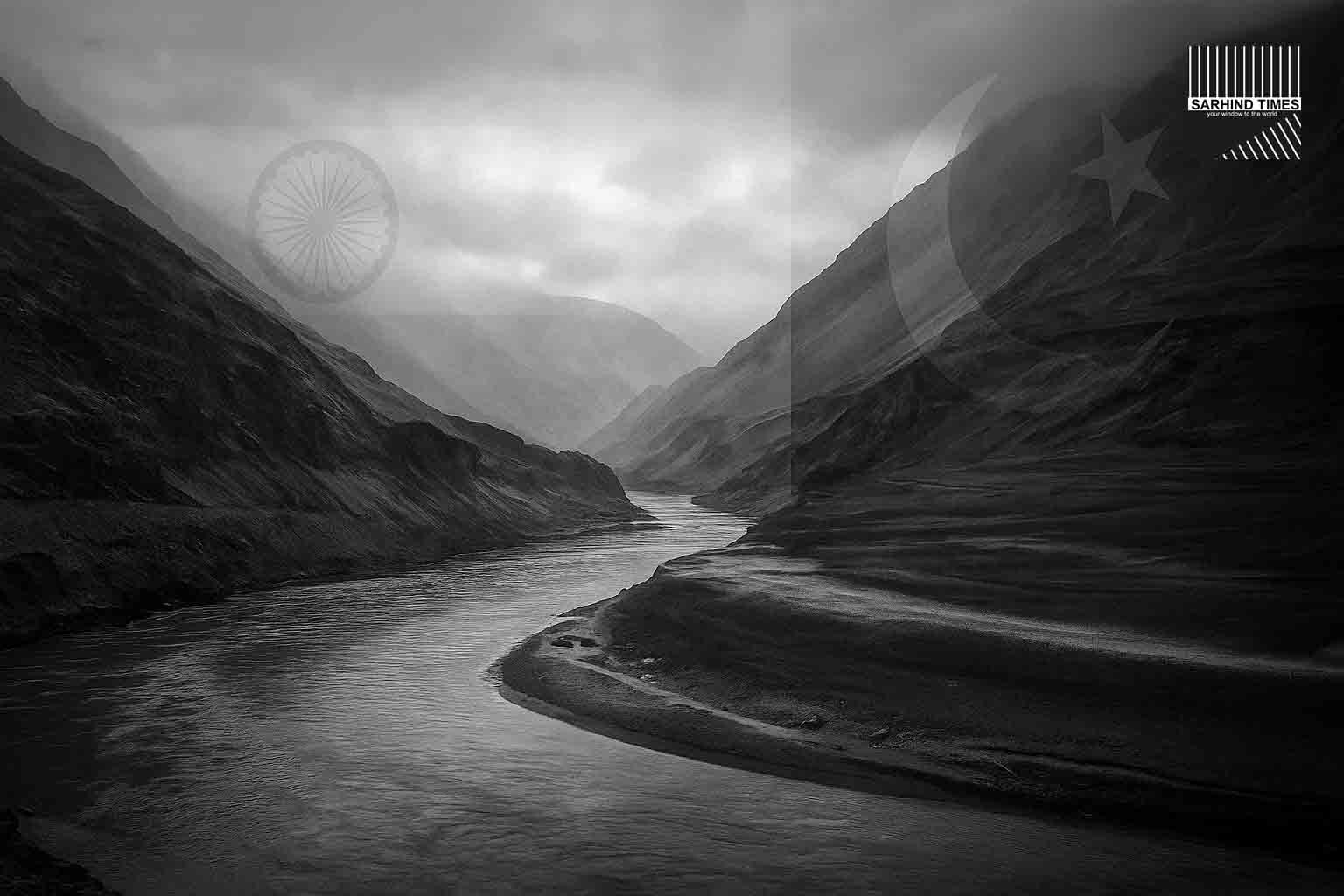
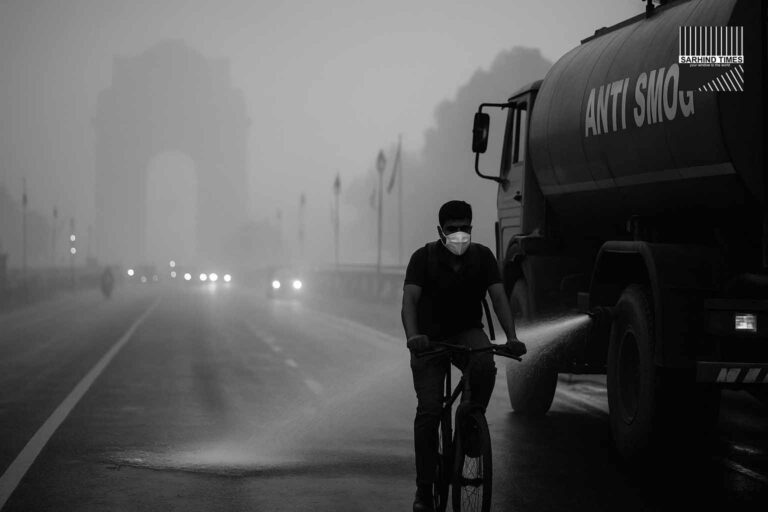
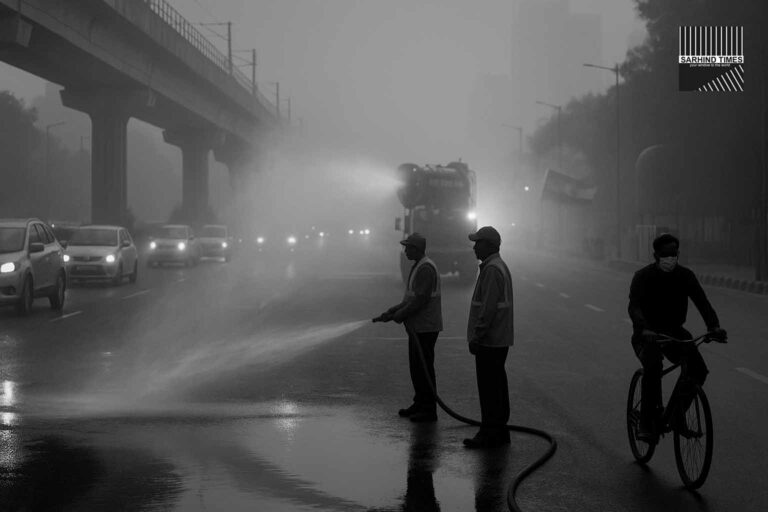
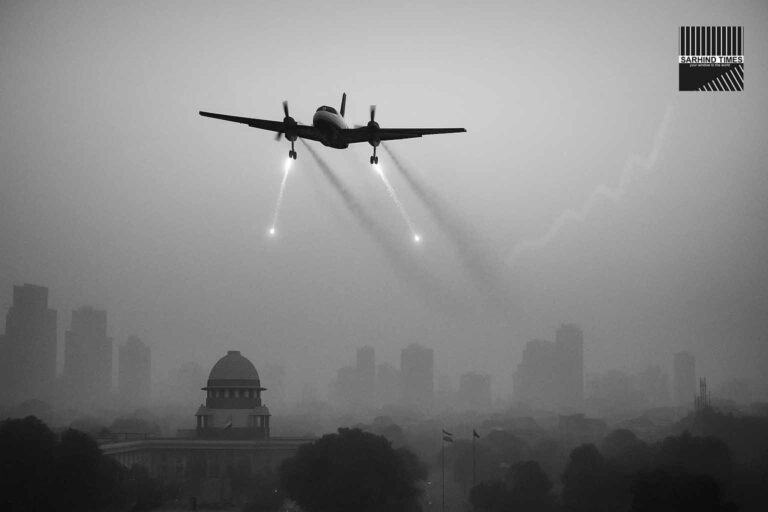




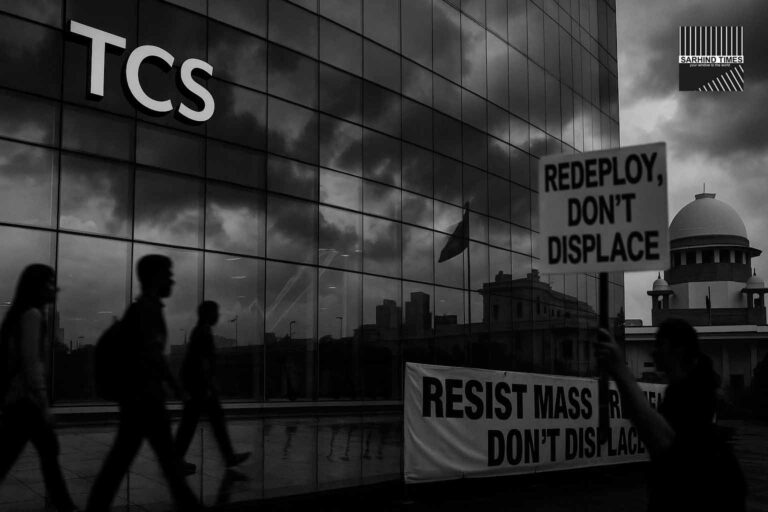

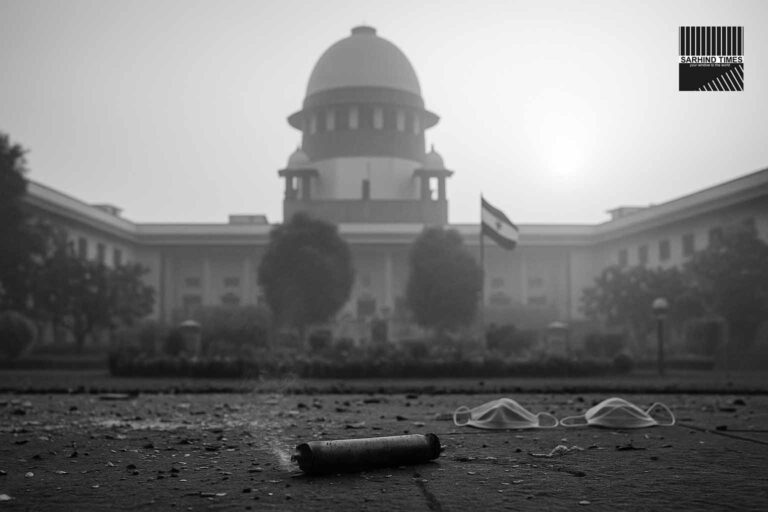
+ There are no comments
Add yours